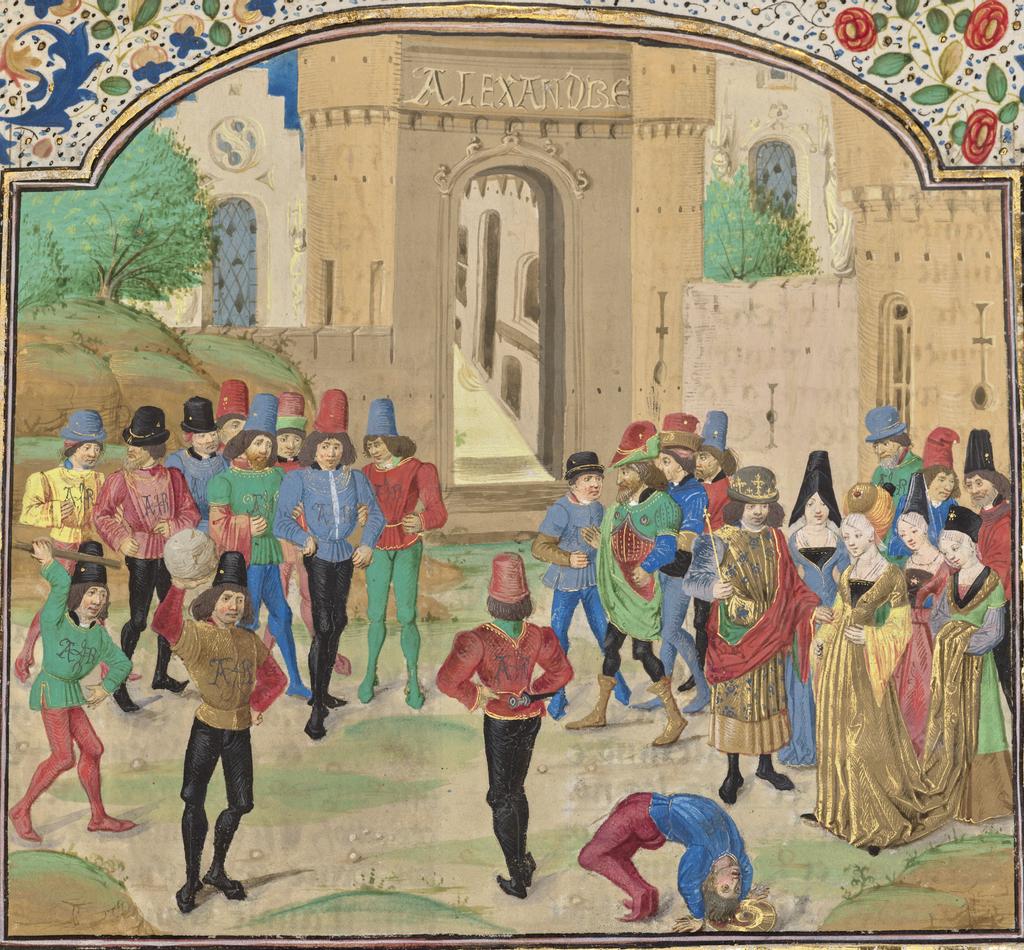From the earliest civilizations to the glitzy casinos of today, gambling has been a timeless pursuit that has captured the hearts and minds of people across the globe. The history of gambling is rich and diverse, with roots stretching back thousands of years to ancient civilizations like the Mesopotamians, Egyptians, and Greeks.
Whether it was throwing dice, betting on chariot races, or playing card games, gambling has always been a way for people to test their luck and skill while also providing entertainment and social interaction. Over the centuries, gambling has evolved and transformed, adapting to new technologies and societal norms, resulting in the modern-day casinos and online platforms that we see today.
Join us on a journey through the fascinating history of gambling, from its humble beginnings to its current state as a multi-billion dollar industry.
Early Forms of Gambling in Ancient Civilizations

Early forms of gambling can be traced back to ancient civilizations, where people engaged in various games of chance using dice, cards, and other tools.
In ancient Egypt, for example, dice games were popular among the noble class, while in ancient Greece and Rome, gambling was a common pastime at social gatherings and festivals. The Chinese also have a long history of gambling, with games like Keno dating back thousands of years.
These early forms of gambling laid the foundation for the diverse array of games and betting options we see in modern casinos today. From ancient times to the present day, gambling has always been a part of human culture, evolving and adapting to suit the interests and desires of each generation.
Development of Gambling in Medieval and Renaissance Europe

The development of gambling in Medieval and Renaissance Europe saw a significant shift in societal attitudes towards games of chance. While gambling had been prevalent throughout ancient civilizations, it was during this period that organized gambling establishments began to emerge.
In medieval Europe, gambling was often associated with the upper class and was seen as a form of entertainment and socializing. However, as the Renaissance period brought about a renewed interest in intellectual pursuits and the arts, gambling became more widely accepted among all social classes.
Games like dice, cards, and lotteries became popular pastimes, with specialized gambling houses, known as casinos, becoming common in major European cities. The evolution of gambling during this time not only reflected changing social norms but also contributed to the growth of a thriving gambling industry that continues to flourish to this day.
The Rise of Casinos in the 19th and 20th Centuries

The 19th and 20th centuries saw a significant rise in the popularity of casinos, marking a pivotal moment in the history of gambling. During this time, gambling establishments expanded in size and scope, offering a wide range of games and entertainment options to patrons.
The rise of casinos also brought about new regulations and laws surrounding gambling, as governments sought to control and tax this lucrative industry. In addition, technological advancements such as the invention of slot machines and electronic gaming further transformed the landscape of casinos, making them more accessible and appealing to a wider audience.
The 19th and 20th centuries were truly a turning point for casinos, setting the stage for the modern gambling industry we see today.
Conclusion
In conclusion, the history of gambling is a fascinating journey that spans across ancient civilizations to the modern era of luxurious casinos.
From the dice games of the Greeks and Romans to the card games of the French and the development of modern casino games like roulette and blackjack, gambling has evolved into a global industry worth billions.
Despite its controversial nature, gambling continues to thrive as a form of entertainment and a source of excitement for millions of people around the world. With the advancements in technology, the rise of online gambling platforms, and the popularity of games like 4d, it is clear that the tradition of gambling will continue to evolve and adapt to the changing times.





